Do you suppose Jane Austen had specific goals when she started writing as a child? Perhaps not, at least perhaps nothing more than entertaining her family and friends. That’s what she did in her early years. We know that at least by age 12 she was writing poems and short pieces of fiction intended as gifts, not to mention the hundreds, perhaps thousands, of letters she wrote over her lifetime, many of which were highly entertaining too. See one of my favorites here – her backwards letter. (Note: Many of her juvenile works and 160 letters have been preserved and are widely available to read for free.)
But at some point, encouraged by her family and her small successes, Jane must have consciously aspired to becoming a professional, published writer, and she made her first attempts at writing novels (in epistolary form) starting at age 19. The realization of that goal, however, was a long time in coming. Although a publisher bought Susan (what would eventually become Northanger Abbey) in 1803, when Austen would have been 28, he never actually published it! So it wasn’t until some 8 years later (1811), with the publication of Sense and Sensibility, that she finally saw her work in print.
Having at last been published, no doubt JA’s next goal was to earn enough money by her writing to support herself and her household, since the Austen females had been poor for a long time. But then, as her health began to fail her, I can imagine that her sole goal may have been to live long enough to finish her last novel Persuasion. That’s the point of view I took in The Persuasion of Miss Jane Austen, where she tells the story of writing her last and most poignant novel and what inspired it.
I put down my pen that day last August with the gesture of solemn finality appropriate to the occasion. Then I sat a moment, gathering myself for the effort of raising my feeble frame to a standing position, so that I might wind a string round the manuscript I had so lovingly wrought. The Elliots, by A Lady: the title plus my usual epithet written in my own hand on the foremost page.
During the time it took to writ it, my strength had gradually ebbed away to the point where I sometimes wondered if I could go on. Yet there was no turning back. The story consumed me. It dominated my thoughts waking and sleeping. It demanded to be told. So I had obediently forged ahead. That other world, Anne and Captain Wentworth’s, was always with me, its characters and events becoming as real to me as those persons and proceedings belonging to my own household
Like a spider, I had carefully spun the tale’s intricate pattern. And then I neatly knit up all my loose ends, seeing to it that, unlike in real life, everybody not greatly at fault had been returned to tolerable comfort at the last… As author of their lives, if not of my own, I had been able to do that much for them…
I do wonder, though, if it bothered Jane Austen that she started things she wasn’t able to complete: Sanditon and The Watsons fragments. How many other stories did she have in her head that she never had time to write? It’s a good thing she started young, so that she had at least a couple of decades to pursue her writing goals and produce the novels we treasure today.
So are my goals at all similar to Jane Austen’s? I started writing much later in life, but I began, like she probably did, with modest plans. I began writing my first novel, The Darcys of Pemberley, purely for my own entertainment. I wanted more stories like the ones she had written (including a P&P sequel), and I wasn’t finding them. Also, I wanted to see if I could do it! But then, when the book was finished (that goal completed!), I was sufficiently encouraged by the result to seek publication. As for supporting myself by the proceeds of my writing, while it might technically be possible, I’m grateful I don’t have to put that to the test!
Somewhere along the way, though, I did conceive another specific goal related to my writing, and that was to author at least one novel related to each of Austen’s six – something I have now (with the publication of Mr. Knightley in His Own Words last October) at last completed!
- Pride and Prejudice: The Darcys of Pemberley and four others
- Sense and Sensibility: Colonel Brandon in His Own Words
- Northanger Abbey: Murder at Northanger Abbey
- Emma: Mr. Knightley in His Own Words
- Persuasion: The Persuasion of Miss Jane Austen
- Mansfield Park: Leap of Hope
So what’s my next goal? I don’t know if I have or even need one. Everything from here on out is pure gravy! I’ve never aspired to great fame or fortune; I just write what I want I want to write – to challenge and entertain myself – and I’m thrilled that so many others enjoy the books too! That’s enough for me, although… now that I think about it, a movie deal would be nice…
Progress Report: With the goal I mentioned above completed, I’ve been pretty lazy about getting a new project started. But after reader feedback and careful consideration, I’m now planning to write Captain Wentworth in His Own Words next. That, however, will require some research first on mysterious subjects like smuggling and the workings of the Royal Navy during the Regency years. In the meantime, I’ve written about 11K words of what will either be a very long “short story” or a short novella, featuring Mr. Darcy. Since it has a Christmas connection, I will probably release it in November or December. Stay tuned for more info on these projects in the coming months!
PS – Despite the title of this post, Jane Austen never employed the word “goal” in her writing. This I discovered when I went looking for a quote to use. “Aim,” “ambition,” or “aspiration” are about as close as I could come, but by the way they are used, these words often carry a negative connotation, like in this snippet of conversation between Elinor and Edward in Sense and Sensibility. If you were to accuse somebody today of having “no ambition,” they’d probably be offended. Not Edward!
“You have no ambition, I well know. Your wishes are all moderate.” “As moderate as those of the rest of the world, I believe. I wish as well as every body else to be perfectly happy; but, like every body else it must be in my own way. Greatness will not make me so.”
What other goals do you imagine Jane Austen might have had? What about you? What goals did you have when you were young, and have they changed over time?


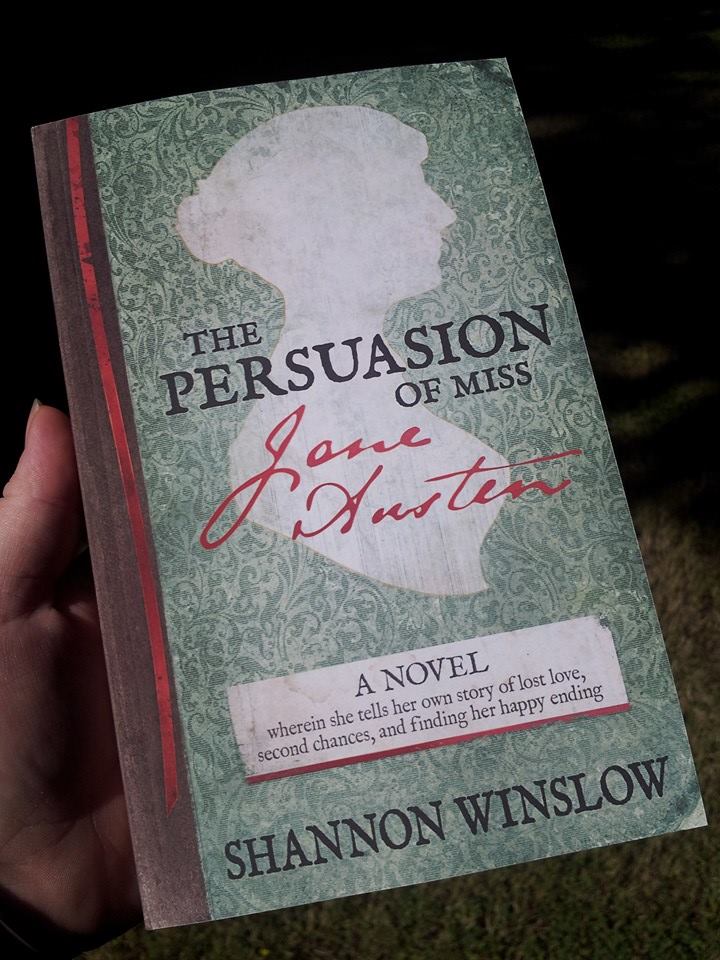

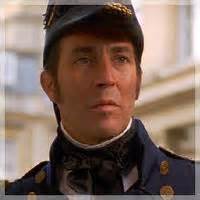

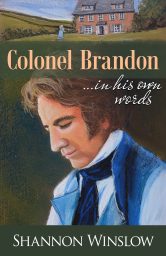

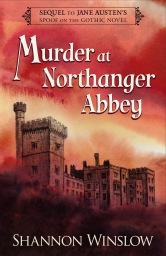
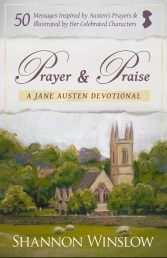
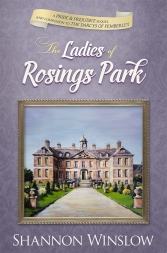





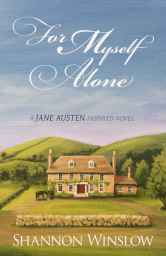

Looking forward to your next book. Good luck with the research.
Thank you, Sheila! I’m afraid it will be a while, though. 🙂
Well worth the wait and there are so many stories out there on my TBR pile that I will not be bored waiting.